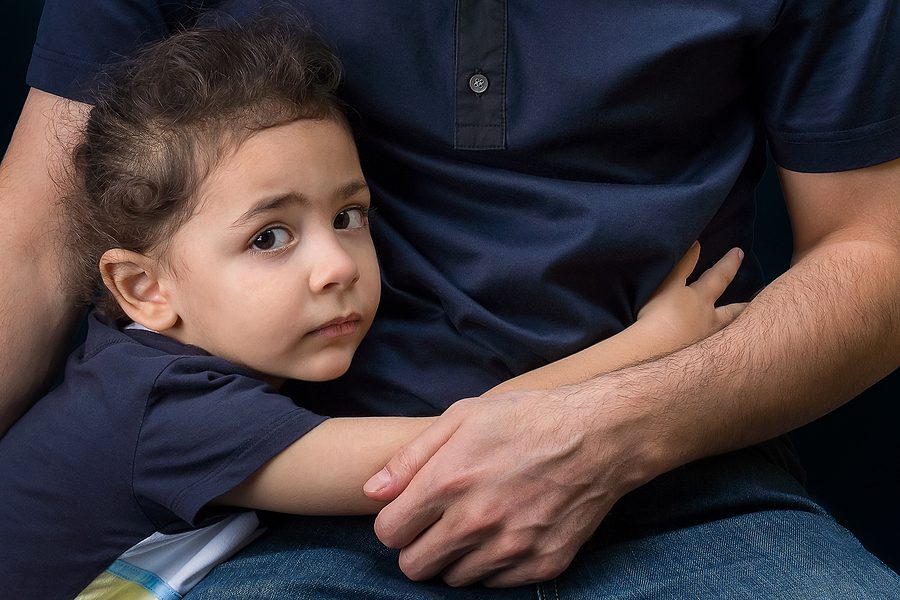The Legal Complexities of IVF and Embryo Disputes in Divorce
Assisted reproductive technology, such as in vitro fertilization (IVF), has become increasingly accessible and common over the last two decades, helping millions of people worldwide build their families. While these scientific advances have been largely beneficial for couples struggling with infertility, IVF and the resulting frozen embryos present some challenging legal issues when it comes to divorce, straddling the intersection of contract law, family law, and reproductive rights.
Most divorce cases center around the distribution of shared assets (e.g., real estate or investments, etc.) and custody issues, when children are involved. Embryos do not legally fit comfortably into either category, which leaves family courts to make difficult and emotionally-charged decisions. There is no standardized answer and no federal law regarding the disposition of embryos, so states differ in their approaches, but the following are the most common legal approaches and considerations:
Contractual Approach
Before a couple begins the IVF process, most fertility clinics require a signed contract or Disposition of Embryos Agreement that outlines the couple’s wishes regarding what happens to any frozen embryos that they cannot use as originally intended (e.g., if one or both parents die or their relationship is dissolved, etc.). Possible choices include that the embryos be:
- Given to one partner alone to be used for procreation
- Donated for medical research
- Transferred to another couple
- Discarded or destroyed
Where a signed contract or agreement exists, and clearly states the intent of both partners, family courts will often rely heavily on these contracts and uphold them, even if one partner has changed their mind. However, the approach varies by state as well, with some states more strictly adhering to a contractual approach than others.
Balancing of Interests
In cases where there is no signed agreement, the agreement was vague or outdated, or the state focuses more on reproductive and/or constitutional rights, the family court will most likely weigh each party’s competing interests.
Disputes about frozen embryos often come down to competing, deeply personal, constitutionally protected interests: the right to procreate and have a biological child and the right to avoid becoming a genetic parent. Depending on the public policy of the state of residence, family courts often prioritize the latter since forcing parenthood on a person results in lifelong consequences.
However, if the partner who wants to have a biological child does not have other avenues open to them to have children, the court must also consider their interests fairly.

The Importance of Legal Guidance
Although working with experienced family law attorneys can always be helpful in divorce, when cases are complicated by emotional issues that are not clear-cut, such as IVF and embryo disputes, it can be even more important to consult with legal experts. The Family Law Group at Lonich Patton Ehrlich Policastri (LPEP Law) has years of experience helping clients navigate through complex divorce and family law matters.
If you are considering divorce but are worried about the disposition of frozen embryos or other issues related to distribution of assets or custody, please schedule a free consultation to discuss your case with LPEP Law today.
Disclaimer: This article does not constitute a guarantee, warranty, or prediction regarding the outcome of your legal matter.










